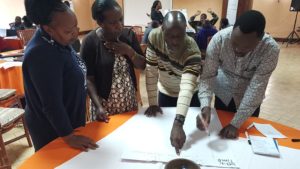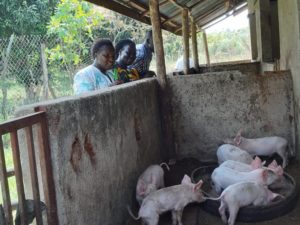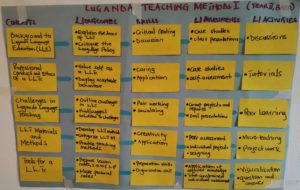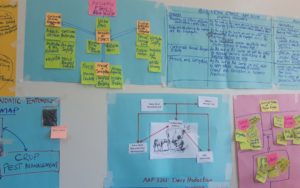How social entrepreneurs are contributing to higher-education change in East Africa
A key component of ensuring students leave university with appropriate skills for employment when they graduate is fostering links with employers. Vincent Otieno Odhiambo, Regional Director of Ashoka East Africa in Kenya, shares some examples of how social entrepreneurs are providing that link in supporting the Transforming Employability for Social Change in East Africa (TESCEA) partnership.






